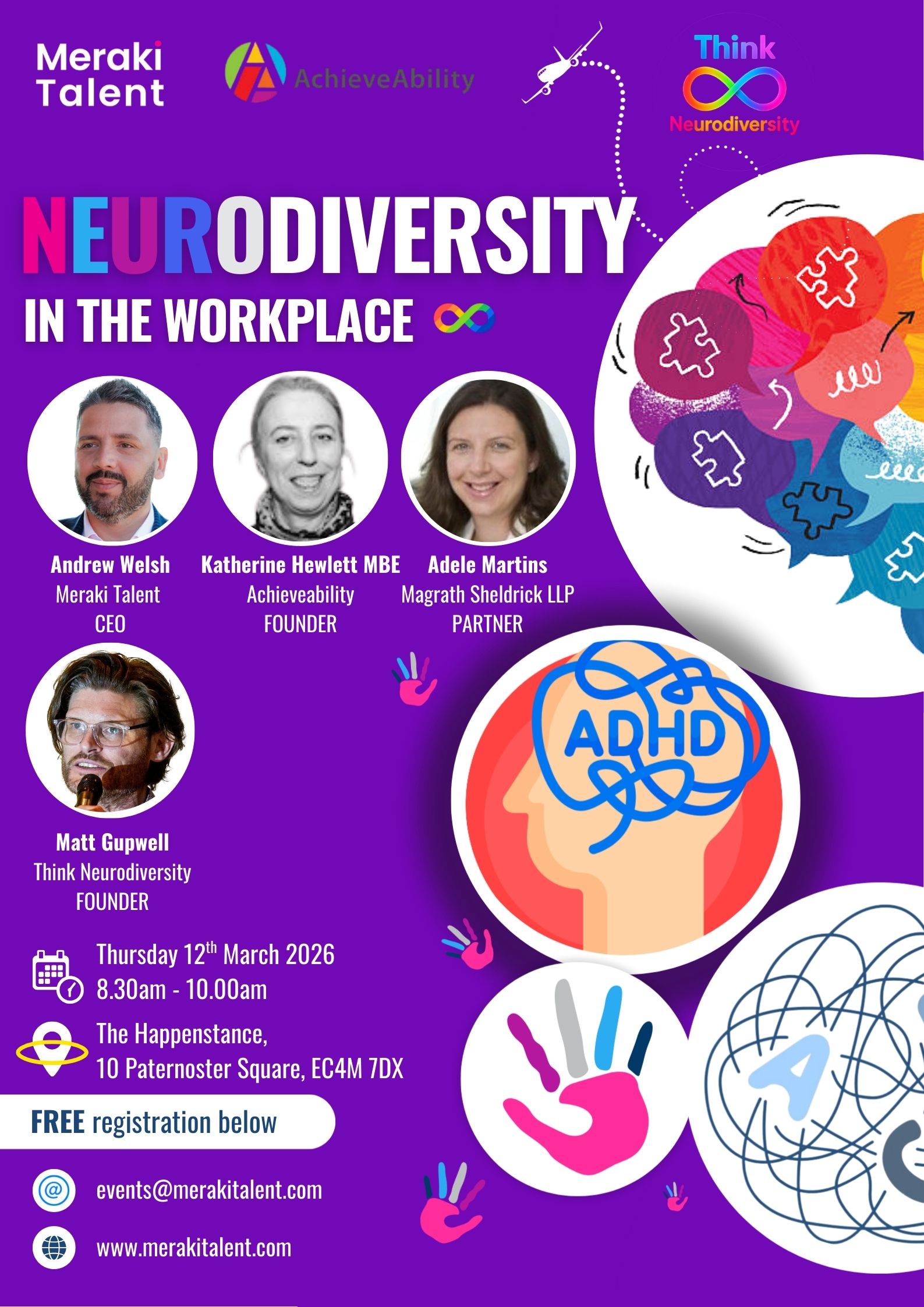
How to survive the shifting tech job market: Why upskilling is key
| 04/11/2024
Staying ahead in your tech career means honing the most sought-after skills. The World Economic Forum (WEF) says half of us will need to reskill or upskill in the next five years. As artificial intelligence (AI) advances and the demand for technical skills evolves, staying up-to-date is essential.
Although tech is a robust career, the need to upskill is vital. While the tech industry is robust, the sector hasn’t been without job cuts and mass redundancies. Real-time figures from tracker layoffs.fyi reports that over 141,000 employees were laid off from 479 tech companies by November 2024.
Why the change in tech?
Generative AI, large language models (LLMs), advancements in machine learning (ML) and natural language processing (NLP) change how we work. These technologies can create content, generate insights from complex data, translate languages, and make complex decisions. Their versatility has implications for jobs and the future of work.
Our tip: There is a demand for skilled tech professionals in new areas. These are the areas you need to reskill in.
Why upskill?
Up-to-date skills make you more attractive to employers. Upskilling enables you to get new jobs and get better pay. If you want to stay with your employer, upskilling makes you more attractive for promotions. Findings from TalentLMS reveal that 71% of employees want more frequent skill updates. Although a quarter of employees face obstacles with upskilling and reskilling.
Getting started on your upskilling journey
The tech industry doesn’t stand still. What you know now will likely soon become obsolete. Developing foundational skills is a good place to start. Decide which skills you want to develop based on industry trends. Identify the skills you need to advance your career through a promotion or for a new job elsewhere. Some employers see the need to upskill their staff and provide their tech team with training and development.
Our tip: When you know the skills you want to develop, set goals and make a plan.
How to upskill independently
Upskilling is more than mentoring, shadowing, and lunch-and-learn sessions. You can upskill outside the office with microlearning, reading content, watching videos, listening to podcasts, attending webinars, and e-learning. Many learning platforms teach tech skills for free or at a reasonable price. If you are upskilling without employer funding or support, take a look at:
Our tip: Identify a niche area within your expertise and become an expert.
Navigating AI and its subsets for career growth
Understanding AI in your tech field and having relevant skills will set you apart. Although there are different AI models, they tend to be large statistical models that predict the most likely next step in a pattern. ML is a subset of AI. It involves developing algorithms and models that enable computers to learn from data and make predictions. These skills are needed for applications that improve user experiences (UX) and optimise processes.
As chatbots and translators become more sophisticated, NLP is an evolving subfield of AI. It focuses on the interaction between computers and human language.
If you understand how AI can solve problems, you’ll be invaluable. According to the Tech Sentiment Report (AI), 82% of HR professionals anticipate more demand for AI professionals in the next six months. Employers value tech professionals with AI skills as they can help drive organisational success and growth.
Our tip: Take time to assess your current skill set for AI-relevant skills.
Languages
Programming languages remain sought-after, these include:
- Go and Java for developing cloud-based applications.
- R for developing statistical tools.
- Ruby is a general-purpose language
- JavaScript for web applications.
- Python for cloud computing.
Lifelong learning
Continuous learning and upskilling contribute to your growth and career opportunities. Hiring managers want candidates who know about the latest trends and have new perspectives.
Our tip: Update your portfolio with projects that showcase your skills in different technologies.
IT contracting
While being a general contractor has merits, specialisation can make you indispensable to recruiters. It can set you apart in a competitive and skills-short job market and command higher daily rates.
Our tip: To take advantage of IT contracting, have at least one programming language.
Upskilling to improve your remuneration
Hiring AI talent is challenging because of a skills gap and the competitive AI job market. AI salaries have surged. According to a Biz Report study, AI-related roles have 77% higher salaries than other occupations.
Our tip: Networking remains a powerful tool. Attend events, join forums, and connect with peers on relevant platforms.
Be in-demand
While the emergence of new jobs can be expected, the reinvention of existing roles remains. Recruiters don't want to turn away a multiskilled tech candidate in a skills-short market. The demand for professionals with expertise in AI, ML, cybersecurity, and data science remains strong.
Our tip: Identify high-demand niche areas and align with your interests.
Don't neglect soft skills
Tech professionals need soft skills for project management, managing teams, and communicating. Take time to develop skills that AI can’t emulate like creativity, critical thinking, and emotional intelligence (EI).
Upskill for new tech jobs
AI is reshaping job requirements and creating new tech roles. By upskilling, you’ll have access to new roles. The Jobs of Tomorrow whitepaper from the WEF details emerging jobs, including:
- Engineers and scientists will continue developing LLMs. Some of the skill sets in these jobs may exist, but they will evolve as AI systems develop. These jobs cover programmers designing more efficient algorithms, administrators building server infrastructure, and infrastructure and power systems engineers.
- Prompt engineers for developing, refining, and reframing prompts or inputs for LLMs.
- Interface/ Interaction designers: LLMs are technical and need well-crafted interfaces to be accessible for public use. This family of jobs will craft LLMs to adapt to a type of user input or to perform tasks.
Other roles include data curators, AI trainers, AI safety officers, heads of AI, responsible use architects, and ethics and governance specialists.
Our tip: Data science skills are in demand as companies realise that data can drive innovation, optimise operations, and enhance customer experiences (CX).
Find out what jobs Meraki Talent has on offer.
